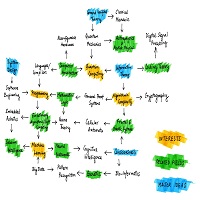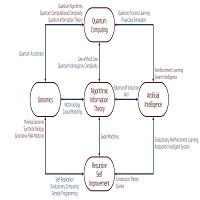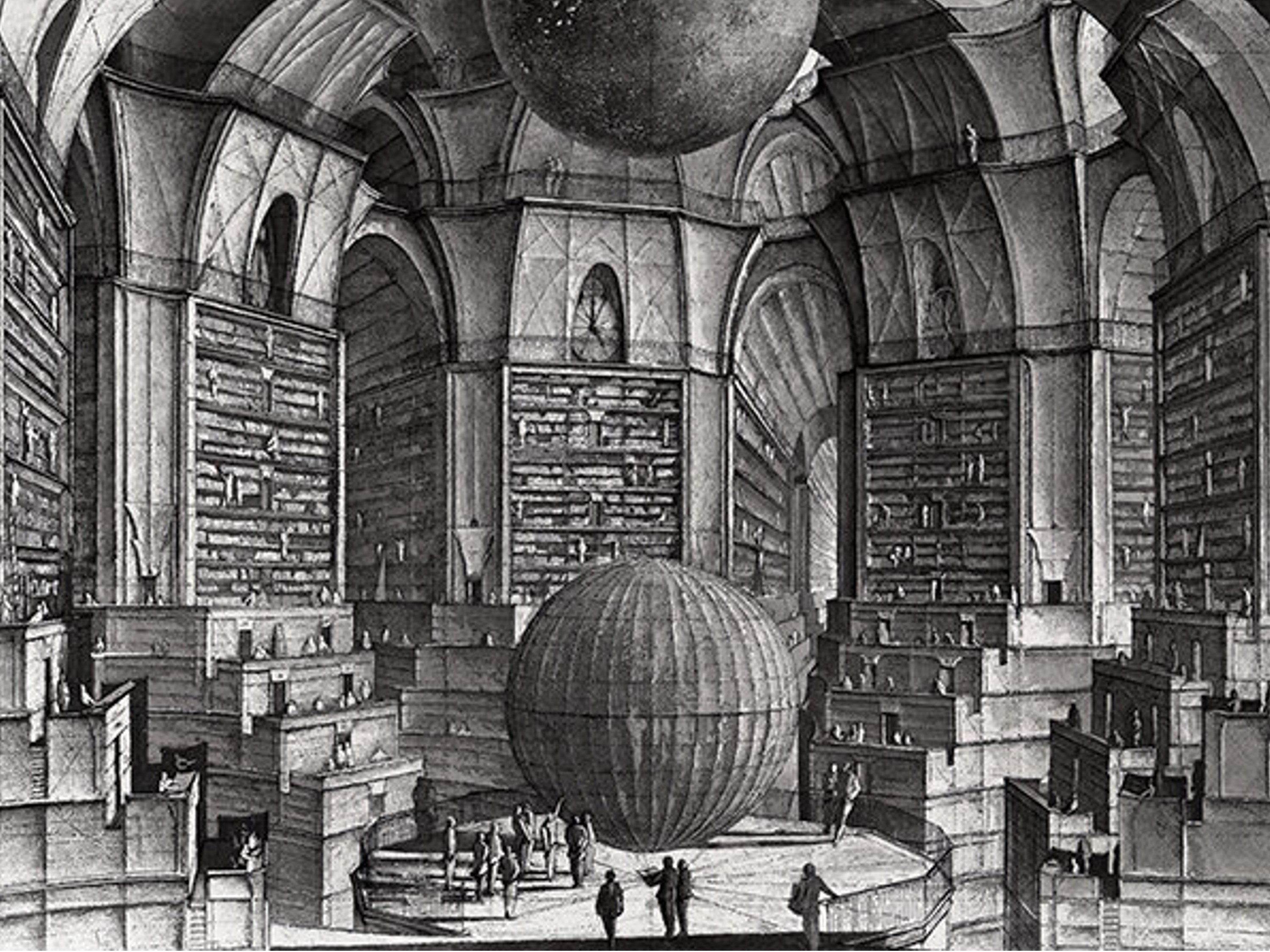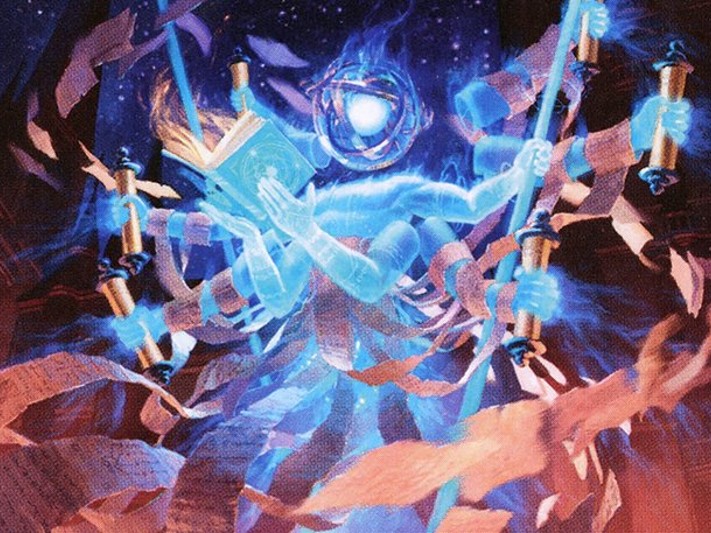Really Big Questions
As John Archibald Wheeler would have it, these are the RBQs that fuel my scientific quest.
- Why is the Universe computable? - The extraordinary effectiveness of AIT techniques like Solomonoff induction and UAGI like AIXI is based on just one assumption: the Universe is computable by a universal Turing machine. Why so? Is this a self-evident and necessary axiom/assumption as formalizing such a question within language is related to computation. Why does the Church-Turing thesis hold? What does that tell us of the nature of our physical laws, or of the scientific method, or their limits thereof? Why do simple programs give rise to complex behavior? Is comprehension by compression and uncomputability of universal automata two sides of the same coin? Is everything relative to a partial trace or course-graining? Is truth relational? The ubiquity of universality and the computational reducibility self-referential? Does a Markov blanket automatically give rise to a probability distribution of Bayesian beliefs and information geometry? Is a non-anthropocentrism viewpoint possible?
- Is there a computational action? - The action in Lagrangian in physics is fundamental to many core theories and look very similar to computational and algorithmic complexity - Are they? What roles do the computational resources play? What is the relation between computational, algorithmic complexity and thermodynamics? Can locality and causality be violated?
Research Themes
Research themes evolve over time. My older interests are listed with strikethrough. Some of my core interests are:
- Artificial General Intelligence - universal artificial intelligence; recursive self-improvement; universal constructors;
explainable neural networks; neuro-evolution; neuro-symbolic AI;cellular automata rule learning;algorithmic perturbation analysis;do-calculus; experimental algorithmic information theory;computational complexity phase change behavior; relations between expressibility-reachability-learnability-universality; description complexity …read more - Quantum Computation - quantum computer architecture; high-level programming and design automation;
quantum Hamiltonian complexity;quantum learning theory; quantum complexity geometry; quantum information;quantum swarm intelligence;tensor networks; holographic quantum circuit complexity;Feynman checkerboard QFT…read more - Computational Applied Category Theory - computational category theory; universal algebras; categorical intelligence
- Bioinformatics - in silico design space exploration for xenobiology; artificial life; synthetic biology; causal models of gene regulatory network; self-replicating RNA medicines
- Swarm intelligence -
multi-agent collaboration;swarm robotics; emergence; coarse-graining - Others -
fractals;game theory;RtOS;computer vision;digital steganography
Here’s a visual that captures the most important topics:
Mind Map
… of all things I live to keep myself updated about, and associated contributor to those ideas,…
The blue boxes and their 1-hop neighbours are my core interests.
I tried finding my core interests in the Domain of Science charts. I eventually figured that most of my core interests lie in the field of computer science. The interests within physics, mathematics, and biology reflect the topics in computer science. Here’s the result:
Curated Lists
Scientists with similar research interest
Some researchers I currently follow very closely for my research, as they have overlapping interests with me.
- Hector Zenil
- Stephen Wolfram
- Ben Goertzel
- Marcus Hutter
- Markus Müller
- David Wolpert
- Cristian S. Calude
- John Baez
- Noson Yanofsky
Favourite formulae/hypotheses
List of formulae or hypotheses that I find most impactful
- Cantor’s Continuum hypothesis
- Church-Turing-Deutsch principle
- Curry-Howard-Lambek correspondence
- Mass-Energy-Information equivalence
- Choi-Jamiołkowski isomorphism
- Solovay-Kitaev theorem
- Holevo’s bound
- Thermodynamic Kolmogorov complexity
- Quantum Knowledge Seeking Agent
- AIXI
- Solomonoff induction
- Area law of entanglement
- Mandelbrot set
- Barsley fern fractal
- Glynn Julia set





